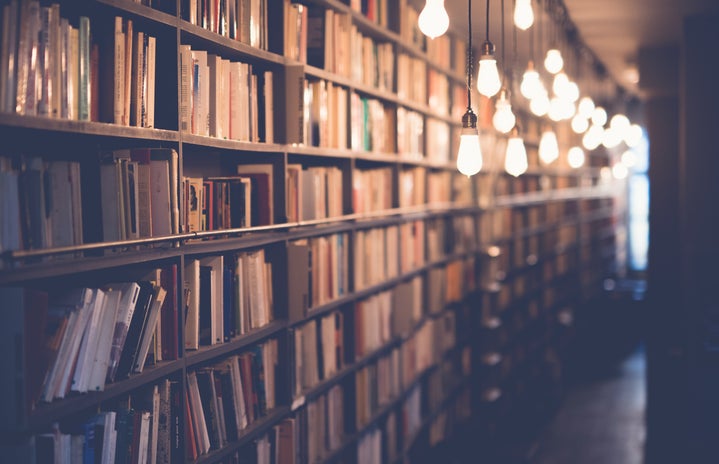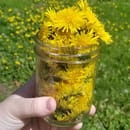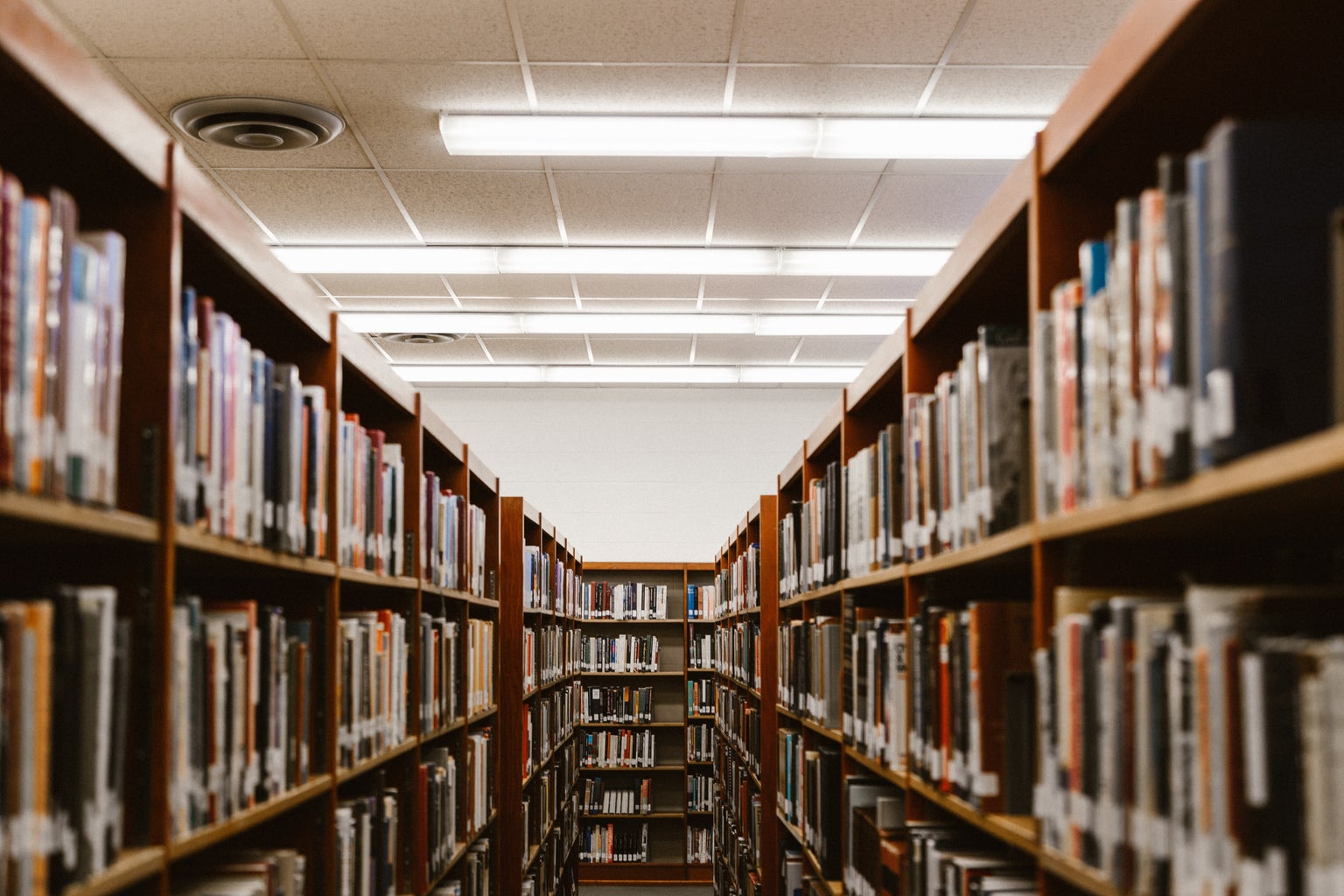“Second-hand books are wild books, homeless books; they have come together in vast flocks of variegated feather and have a charm which the domesticated volumes of the library lack.”
-Virginia Woolf
Gazing at my bookshelves as I type, I can tell that at least 80-90% of the books I own were acquired secondhand. Some are very obviously used, with cracked spines, folded edges, or even torn jackets. Others are less obvious, standing proud and clean without a smudge. Still others are too old to have been anything but used by the time they landed in my hands.
I believe firmly in the value of a messy bookshelf, the books a variety of ages, conditions, and content – and sometimes, it can be frustrating when so many book-lover spaces online are fraught with images of perfect bookshelves of unmarred, fresh tomes. As cliché as it may sound, the imperfections are what give a shelf character and life.
Used books are a great source of that peculiar charm, and, as such, here are some reasons why I believe that used books are not simply equivalent – but genuinely superior to brand-new book copies.
- They’re better for the environment
-
I’ll get the obvious one out of the way – reusing things is more eco-friendly, and constantly buying anything new, from clothes to furniture to books, can do all sorts of harm. Buying secondhand, wherever you can, is a great way to combat that.
- They’re cheaper
-
Used books – unless we’re talking ultra-rare first editions and the like – are always cheaper than buying books new, even when on sale. A lot of us simply can’t afford to get new copies of books all the time at twenty, thirty dollars apiece (or much more if we’re talking textbooks…). Acquiring books from thrift shops or garage sales instead usually means you get a much better deal.
You don’t lose out on quality, either – the most I’ve seen is some bumped edges, cracked spines, maybe notes in the margins on a rare day, but none of this disrupts the enjoyment of or access to the text.
- The thrill of the hunt
-
While this point may sound a bit like I’m about to go trekking for deer, there is truth to the feeling that searching through used books is a bit like hunting for something you don’t even know if you’ll find. While I do often keep a list in the Notes app of my phone of books to keep an eye out for in thrift shops, I’m just as likely to take home books I had never heard of, or perhaps would never have given a chance if it wasn’t a mere two-dollar risk. I’ve ended up with lifelong favorites this way.
- They’re less stressful than something new
-
I tend to fret over a new book, handling it with a delicacy usually reserved for that crystalline glass from your nana’s cabinet. In an odd sort of way, the fact that a book might already have imperfections makes it more personable to me – and I don’t feel as bad about having to shove it into my backpack as I flit between classes.
- They have a history
-
If you’ll allow me to get a bit romantical, one of my favorite things about old objects is that you can tell they have a history. Even if my used book isn’t terribly old, I find myself wondering who read it before me, what they thought of it – why they got rid of it.
Even better are books with notes in the margins and highlights and underlines! I know opinions vary on whether it’s okay to mark up books, but I firmly belong to the camp of DO IT because it is so much fun to read what other people have written in their books (heck, this post went viral last year because of someone’s margin notes in a book!), as well as to look back on my own notes when rereading something. I annotated The Anthropocene Reviewed by John Green to high heaven last summer, and I think it will be interesting to look back at those notes in a couple of years.
(Psst, gift idea: buy a friend your favorite book and leave notes in it for them to find as they read!)
If you’re in the market for used books but are frustrated by the perils of in-person shopping in these times of plague, I recommend thriftbooks.com, an online thrift shop full of used books for often excellent discounts and deals. I’ve purchased from this site many times in the past year and can confirm its legitimacy.
That said, there are also used bookstores all over the place if you take a moment to look. You’ve probably been passing one on your commute that you haven’t noticed, and I’m sure they could use your support!
Lastly, a reminder to visit your local libraries! Libraries are so, so important and often don’t receive the support they need, and simply utilizing their services – such as renting out books on your card – can make a difference. Not to mention, of course, it’s very convenient for you as a reader! They’re free to use, accessible (they even have lots of e-books nowadays), and are a great way to engage with your community. Here’s a way to search for libraries anywhere in Washington State.
I hope this has given you something to think about next time you’re about to visit Barnes & Noble – and maybe you’ll decide to check out Wit’s End Bookstore in Marysville, Uppercase Bookshop in Snohomish (make sure to explore the second floor!), or Main Street Books in Monroe, instead. Happy book hunting!



